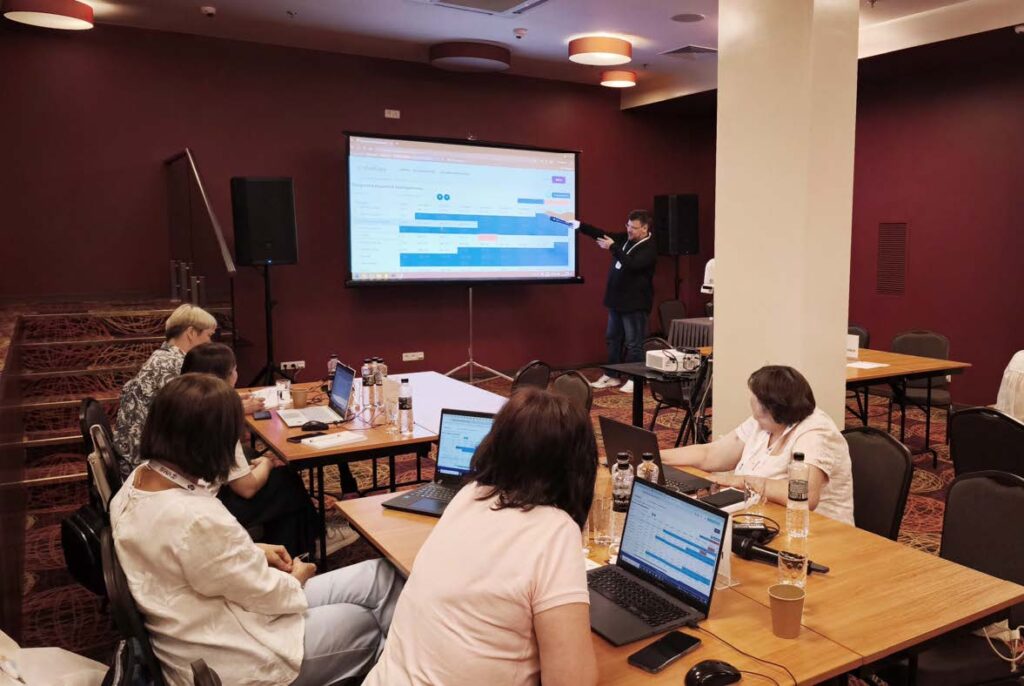Advancing the Measurement Rigour of Organizational and Programmatic Knowledge Management in Health and Development
Advancing the Measurement Rigour of Organizational and Programmatic Knowledge Management in Health and Development
Abstract
Knowledge management (KM) plays an important role in global health and development where resources for programme implementation are limited and needs to collaborate and learn across organization and sector boundaries are great. Health and development professionals depend on KM approaches to access, share, and use critical health knowledge. However, measuring the contribution of KM to achieving programme goals is complex. The Guide to Monitoring and Evaluating Knowledge Management for Global Health addresses this challenge by offering a standard practice and comprehensive guidance to measure the process, reach, engagement, and usefulness of KM as well as the learning and application of knowledge. In this paper, we first outline a collaborative effort among KM practitioners to develop the guide and describe the theoretical basis of the logic model and common indicators that have continued to evolve over the last decade. Using a case study approach, we demonstrate how the guide has been used in organizational (internal) and programmatic (external) KM initiatives. We also discuss recent efforts to address emerging KM themes that resulted in the development of additional indicators on adaptive practice, organizational partnership, and social interaction. These efforts have advanced the measurement rigour of KM in health and development.


